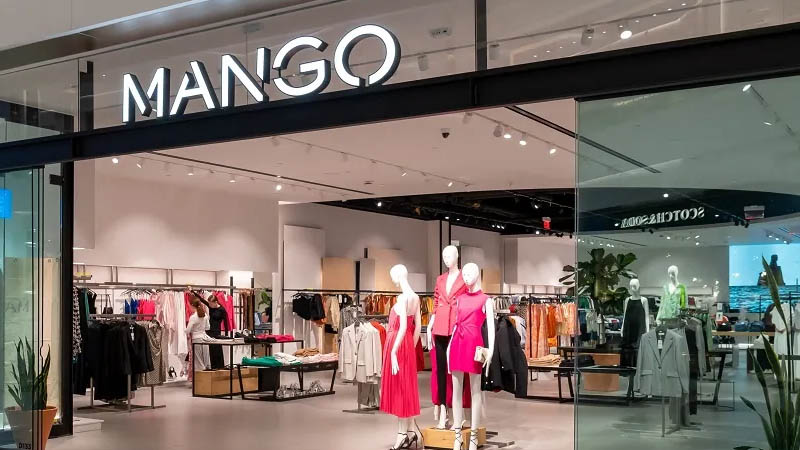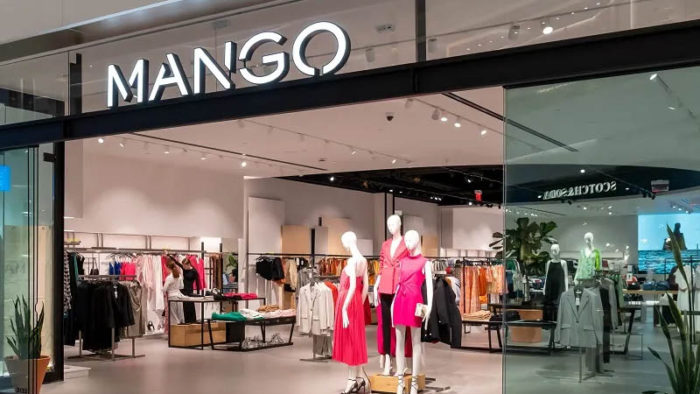The dispute revolved around Mango’s use of Non-Fungible Tokens (NFTs) that were inspired by the work of renowned Catalan artists, showcased during a high-profile store launch in the United States.
The lawsuit was initiated over the creation of NFTs by Punta Na, the intellectual property subsidiary of Mango, for the grand opening of its store on New York’s prestigious Fifth Avenue. The event featured both original artworks and new digital pieces commissioned from cryptocurrency artists, aimed at blending art, fashion, and the essence of Mediterranean culture.
The original and digital artworks were displayed across multiple platforms: the physical store on Fifth Avenue, Mango’s online marketplace on the Opensea platform, and the virtual realm of the Decentraland metaverse. The legal controversy hinged on whether Mango, as the owner of the original artworks, had the legal authority to convert these pieces into NFTs without violating the copyright of the original artists.
Adding to the complexity was the fact that the NFTs were derived from digital versions of works by celebrated artists like Miró, Tàpies, and Barceló, whose physical originals were owned by Mango, as reported by IPKitten.
The Spanish court ruled in favor of Mango, stating there was no evidence to suggest that the sale agreement of the artworks to Mango restricted the company’s right to public display. The court concluded that Mango, as the new owner of the artworks, possessed the lawful right to exhibit them, whether in a physical or virtual setting.


